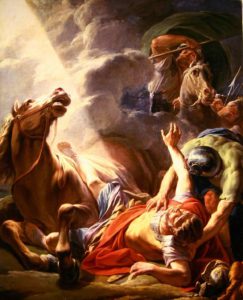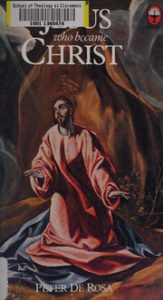
Peter de Rosa is evidently a rationalist who is skeptical about the historical veracity of the gospel accounts of Jesus. He doubts the virgin birth and Jesus’ miracles, rejects the atoning significance of Christ’s death and regards the resurrection accounts as creative stories designed to open the eyes of faith. Not surprisingly, the Roman Catholic Church removed him from his position of Vice-Principal of Corpus Christi College, London.
Nevertheless, de Rosa’s book, Jesus Who Became Christ (Fountain/Collins, 1974) is sprinkled with delicate and evocative verses which show a seeking heart in conflict with a skeptical head – he reminds me of Paul Tillich. Surely, one of the great mysteries of the universe is that some people continue to affirm their adherence to Christian faith, albeit, expressed in figurative and symbolic language, even though they have abandoned the traditional doctrines held during their youthful days, after they have being exposed to critical and corrosive criticism during their theological studies.
Here is a sample of de Rosa’s evocative, heart-felt verses related to the events of the birth, childhood and genuine humanity of the Incarnate Christ. Continue reading “The Babe of Bethlehem’s Genuine Humanity”
 Question: Matthew cites Isa. 7:14 and says it is fulfilled by the birth of Jesus. However critical scholars argue that in the context of Isaiah 7, this verse is about a child born during the time of Ahaz. How would evangelical scholars like you respond to this critical scholarship?
Question: Matthew cites Isa. 7:14 and says it is fulfilled by the birth of Jesus. However critical scholars argue that in the context of Isaiah 7, this verse is about a child born during the time of Ahaz. How would evangelical scholars like you respond to this critical scholarship?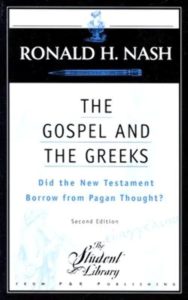
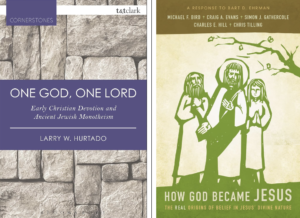
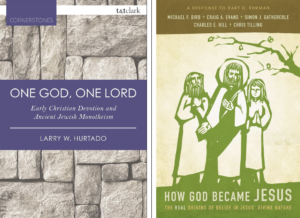
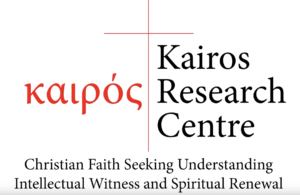
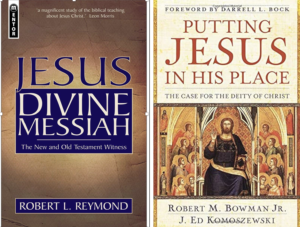 Orthodoxy and Heresy in Earliest Christianity
Orthodoxy and Heresy in Earliest Christianity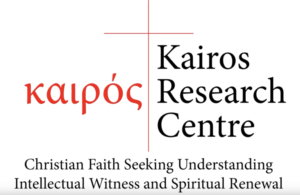
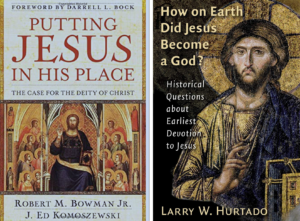 Question: How did the apostles and early Christians come to believe in the deity of Christ?
Question: How did the apostles and early Christians come to believe in the deity of Christ?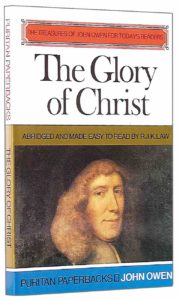 While Peter de Rosa’s verses on the humanity of Christ may be heart-felt and evocative, John Owen’s reflection on Christ assuming humanity is suffused with contemplation and prayer. For Owen theology ends with doxology. Given below is a much abbreviated and stylistically modernized version of Owen’s reflection of the Incarnation as Christ’s act of self-humiliation – Christ veiled his divine glory in the flesh.*
While Peter de Rosa’s verses on the humanity of Christ may be heart-felt and evocative, John Owen’s reflection on Christ assuming humanity is suffused with contemplation and prayer. For Owen theology ends with doxology. Given below is a much abbreviated and stylistically modernized version of Owen’s reflection of the Incarnation as Christ’s act of self-humiliation – Christ veiled his divine glory in the flesh.*
